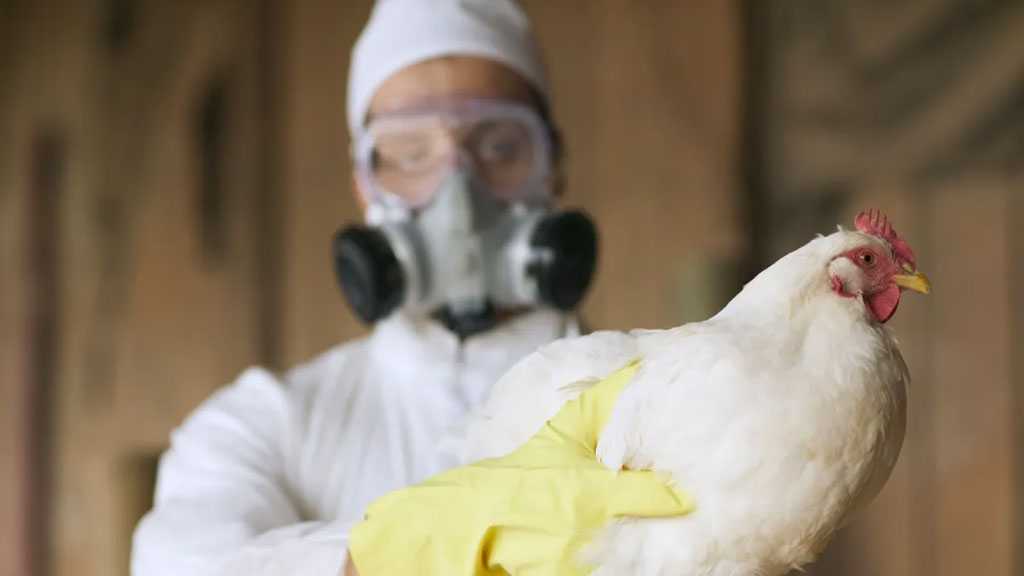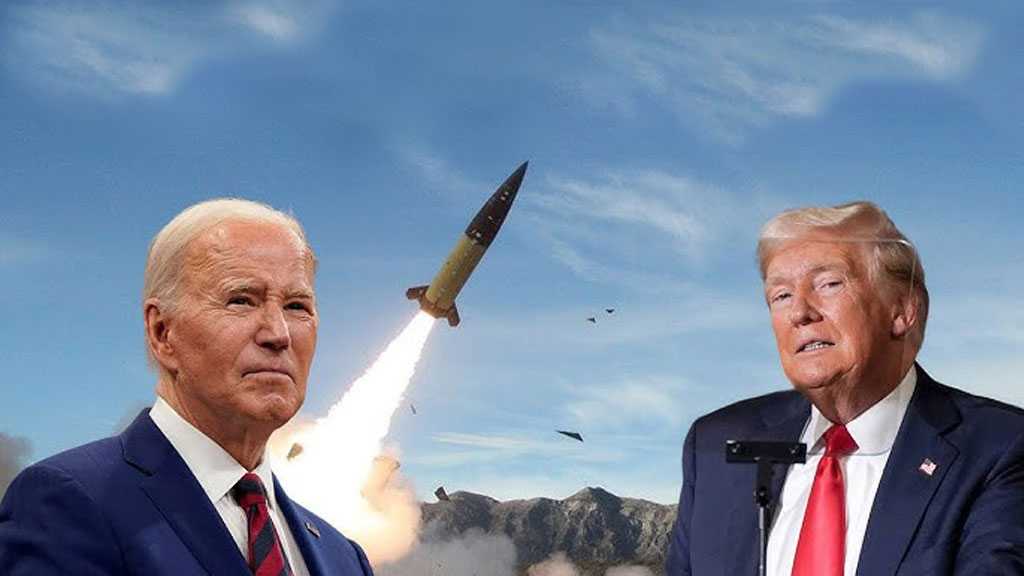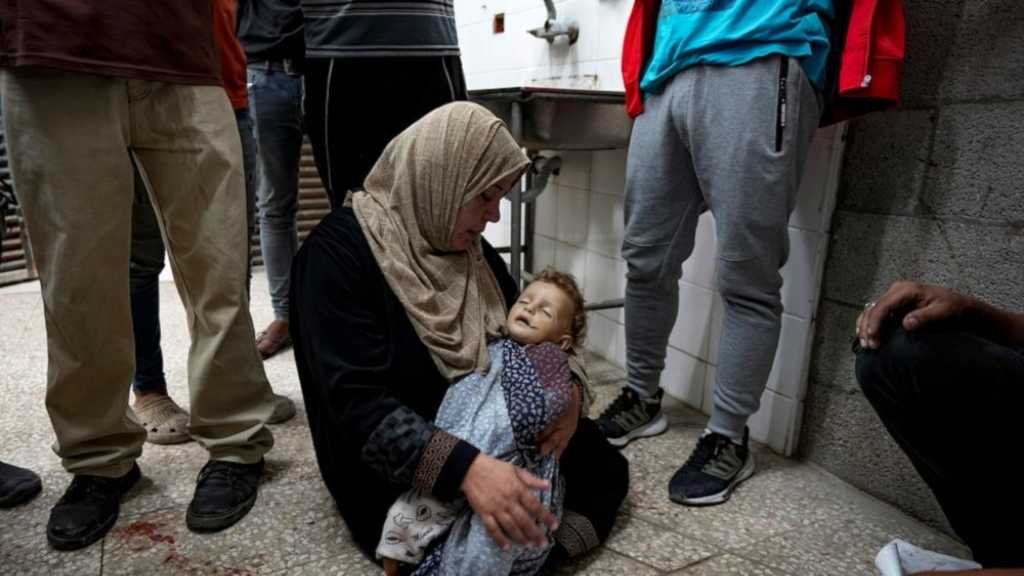13% increase to an already dire US Army suicide rate

Source: Global Research, 27-06-2008
By: David Wood
One hundred and fifteen soldiers killed themselves in '07, according to report
In a tragic new marker of the rising cost of the conflicts in Iraq and Afghanistan, the Army's suicide rate has jumped significantly, according to a report released yesterday at the Pentagon.
As soldiers and families coped with repeated combat tours and long separations, the Army said that 115 soldiers took their own lives in 2007, a rate of about 17 per 100,000 soldiers. The Army said the suicide rate among a comparable civilian population is 19.5 suicides per 100,000.
But broader Defense Department studies show that suicides among all military personnel in Iraq, including Army, Navy, Air Force and Marine Corps personnel, occur at a rate of about 24 per 100,000, significantly above the civilian rate.
The new figures released by the Army show a 13 percent increase in suicides over 2006, when 102 soldiers took their own lives.
"War is hard on soldiers, and it can be even harder on families," said Army Brig. Gen. Rhonda Cornum, assistant Army surgeon general. "The Army is committed to taking care of every soldier, regardless of medical illness, injury or psychological diagnosis," she told reporters.
Despite extensive steps taken by the Army in suicide prevention training and other mental health care, she acknowledged that "we believe there is more to be done."
Lt. Gen. Eric B. Schoomaker, the Army surgeon general, acknowledged earlier this week that the military's mental health facilities are inadequate.
University of Maryland sociologist Jesse Harris, former dean of the school of social work and a retired Army officer, who pioneered work with military families, said experts are "rather puzzled at the alarming rate [of suicide increases], and we are trying to get a grip on it."
According to data gathered by the Army and other services over the past few years, the rising incidences of suicides and severe stress are directly related to the rigors of what Bush administration officials call "the Long War" in Iraq and Afghanistan.
The Defense Department has sought to increase training to prepare soldiers for the stress of combat, but most troops say the training is inadequate, according to an Army survey of over 3,000 soldiers in Iraq and Afghanistan last fall.
In a statement, Sen. Barack Obama, the leading Democratic presidential candidate, called the new suicide data a "tragic reminder of the staggering and ongoing costs of the Iraq war."
He said the Pentagon and Veterans Administration "are still unprepared to treat the unseen wounds of battle ... too many [soldiers] are falling through the cracks because they need help but feel they can't get it."
According to data released by the Army surgeon general earlier this week, the number of deployed soldiers diagnosed last year with the most severe combat stress, or post-traumatic stress disorder, jumped 46 percent over the number of new cases in 2006, an increase from 6,876 in 2006 to 10,049 in 2007.
Army researchers tied that finding directly to what they said was intensifying combat in Afghanistan and continued high levels of combat in Iraq.
In 2003, when the Iraq war was launched, just over 1,000 soldiers were diagnosed with PTSD. Since then, a total of 28,364 deployed soldiers had been diagnosed with PTSD through December 2007, according to the Army data.
Mental health assessments conducted in Afghanistan and Iraq annually for the past few years have found that between 12 percent and 15 percent of soldiers deployed to Iraq and Afghanistan are taking some form of medication for stress, including drugs to control anxiety or depression and for sleeplessness.
Some of these soldiers have been treated for combat stress and deployed again into combat if they have been treated successfully and are judged capable of performing their missions, according to senior Army medical officers. Tens of thousands more soldiers are thought to be experiencing lesser forms of stress.
An extensive military mental health study released this spring by the U.S. command in Baghdad found that 17.9 percent of the troops report acute stress, depression or anxiety, and 11 percent met the criteria for mild traumatic brain injury.
In dozens of interviews this spring in Afghanistan, Marines of the 1st Battalion, 6th Marine Regiment said they rely heavily on each other for comfort and support in the stress of combat.
"That, and you just suck it up," said Lt. Shaun Miller, a 24-year-old platoon leader from Austin, Texas.
One senior enlisted Marine, who asked not to be identified, said he suffers from PTSD but feels better within the tense cauldron of combat, but with his buddies. "At home, I'm a mess," he said.
The data on military suicides and stress released this week are incomplete, Army officers acknowledged. For instance, the suicide data do not include soldiers who leave the Army and later develop mental health problems and often do not include National Guard soldiers who are demobilized after deployment.
Even within the combat zone, the Army's mental health advisory team reported this spring, "there is no single, joint tracking system capable of monitoring suicides, mental health evacuations and use of mental health and combat stress services."
Schoomaker, the Army's top medical officer, told defense reporters Tuesday that the Army does not systematically track soldiers who have lesser forms of stress than PTSD.
He acknowledged that he does not know how many additional soldiers suffer from lesser symptoms of combat stress such as hyper-vigilance, sleeplessness and irrational anger, and he does not know how many of these soldiers are receiving treatment.
He also acknowledged that the Army has inadequate facilities and too few mental health care providers to meet the need.
"As a nation, our mental health capability is not adequate to the need," and the Army suffers from the same problem, Schoomaker said.
He said the Army recognized it is short 300 top mental health professionals to care for the growing numbers of soldiers suffering from severe stress. It has managed to fill only 180 of those positions, he said.
Schoomaker said the Army is seeking to impress on soldiers and their families that emotional reactions to stress are normal and should be expected, and that stress is treatable if it is identified early. Although the Army has recently begun requiring mental health assessments for soldiers six months after they return from a combat deployment, in order to catch late-developing symptoms of stress, the Army relies on spouses and other family members to be alert to soldiers who are not adapting well to "normal" life.
"We are in our infancy right now in knowing the extent" of the number of soldiers who are suffering from stress, he said.
Based on its studies in the field, the Army expects that as many as 30 percent of soldiers will return from Iraq or Afghanistan with some symptoms of combat stress.
Currently, there are about 155,000 troops in Iraq, including Army soldiers, Marines, Air Force and Navy personnel, and some 33,000 in Afghanistan.
By: David Wood
One hundred and fifteen soldiers killed themselves in '07, according to report
In a tragic new marker of the rising cost of the conflicts in Iraq and Afghanistan, the Army's suicide rate has jumped significantly, according to a report released yesterday at the Pentagon.
As soldiers and families coped with repeated combat tours and long separations, the Army said that 115 soldiers took their own lives in 2007, a rate of about 17 per 100,000 soldiers. The Army said the suicide rate among a comparable civilian population is 19.5 suicides per 100,000.
But broader Defense Department studies show that suicides among all military personnel in Iraq, including Army, Navy, Air Force and Marine Corps personnel, occur at a rate of about 24 per 100,000, significantly above the civilian rate.
The new figures released by the Army show a 13 percent increase in suicides over 2006, when 102 soldiers took their own lives.
"War is hard on soldiers, and it can be even harder on families," said Army Brig. Gen. Rhonda Cornum, assistant Army surgeon general. "The Army is committed to taking care of every soldier, regardless of medical illness, injury or psychological diagnosis," she told reporters.
Despite extensive steps taken by the Army in suicide prevention training and other mental health care, she acknowledged that "we believe there is more to be done."
Lt. Gen. Eric B. Schoomaker, the Army surgeon general, acknowledged earlier this week that the military's mental health facilities are inadequate.
University of Maryland sociologist Jesse Harris, former dean of the school of social work and a retired Army officer, who pioneered work with military families, said experts are "rather puzzled at the alarming rate [of suicide increases], and we are trying to get a grip on it."
According to data gathered by the Army and other services over the past few years, the rising incidences of suicides and severe stress are directly related to the rigors of what Bush administration officials call "the Long War" in Iraq and Afghanistan.
The Defense Department has sought to increase training to prepare soldiers for the stress of combat, but most troops say the training is inadequate, according to an Army survey of over 3,000 soldiers in Iraq and Afghanistan last fall.
In a statement, Sen. Barack Obama, the leading Democratic presidential candidate, called the new suicide data a "tragic reminder of the staggering and ongoing costs of the Iraq war."
He said the Pentagon and Veterans Administration "are still unprepared to treat the unseen wounds of battle ... too many [soldiers] are falling through the cracks because they need help but feel they can't get it."
According to data released by the Army surgeon general earlier this week, the number of deployed soldiers diagnosed last year with the most severe combat stress, or post-traumatic stress disorder, jumped 46 percent over the number of new cases in 2006, an increase from 6,876 in 2006 to 10,049 in 2007.
Army researchers tied that finding directly to what they said was intensifying combat in Afghanistan and continued high levels of combat in Iraq.
In 2003, when the Iraq war was launched, just over 1,000 soldiers were diagnosed with PTSD. Since then, a total of 28,364 deployed soldiers had been diagnosed with PTSD through December 2007, according to the Army data.
Mental health assessments conducted in Afghanistan and Iraq annually for the past few years have found that between 12 percent and 15 percent of soldiers deployed to Iraq and Afghanistan are taking some form of medication for stress, including drugs to control anxiety or depression and for sleeplessness.
Some of these soldiers have been treated for combat stress and deployed again into combat if they have been treated successfully and are judged capable of performing their missions, according to senior Army medical officers. Tens of thousands more soldiers are thought to be experiencing lesser forms of stress.
An extensive military mental health study released this spring by the U.S. command in Baghdad found that 17.9 percent of the troops report acute stress, depression or anxiety, and 11 percent met the criteria for mild traumatic brain injury.
In dozens of interviews this spring in Afghanistan, Marines of the 1st Battalion, 6th Marine Regiment said they rely heavily on each other for comfort and support in the stress of combat.
"That, and you just suck it up," said Lt. Shaun Miller, a 24-year-old platoon leader from Austin, Texas.
One senior enlisted Marine, who asked not to be identified, said he suffers from PTSD but feels better within the tense cauldron of combat, but with his buddies. "At home, I'm a mess," he said.
The data on military suicides and stress released this week are incomplete, Army officers acknowledged. For instance, the suicide data do not include soldiers who leave the Army and later develop mental health problems and often do not include National Guard soldiers who are demobilized after deployment.
Even within the combat zone, the Army's mental health advisory team reported this spring, "there is no single, joint tracking system capable of monitoring suicides, mental health evacuations and use of mental health and combat stress services."
Schoomaker, the Army's top medical officer, told defense reporters Tuesday that the Army does not systematically track soldiers who have lesser forms of stress than PTSD.
He acknowledged that he does not know how many additional soldiers suffer from lesser symptoms of combat stress such as hyper-vigilance, sleeplessness and irrational anger, and he does not know how many of these soldiers are receiving treatment.
He also acknowledged that the Army has inadequate facilities and too few mental health care providers to meet the need.
"As a nation, our mental health capability is not adequate to the need," and the Army suffers from the same problem, Schoomaker said.
He said the Army recognized it is short 300 top mental health professionals to care for the growing numbers of soldiers suffering from severe stress. It has managed to fill only 180 of those positions, he said.
Schoomaker said the Army is seeking to impress on soldiers and their families that emotional reactions to stress are normal and should be expected, and that stress is treatable if it is identified early. Although the Army has recently begun requiring mental health assessments for soldiers six months after they return from a combat deployment, in order to catch late-developing symptoms of stress, the Army relies on spouses and other family members to be alert to soldiers who are not adapting well to "normal" life.
"We are in our infancy right now in knowing the extent" of the number of soldiers who are suffering from stress, he said.
Based on its studies in the field, the Army expects that as many as 30 percent of soldiers will return from Iraq or Afghanistan with some symptoms of combat stress.
Currently, there are about 155,000 troops in Iraq, including Army soldiers, Marines, Air Force and Navy personnel, and some 33,000 in Afghanistan.




